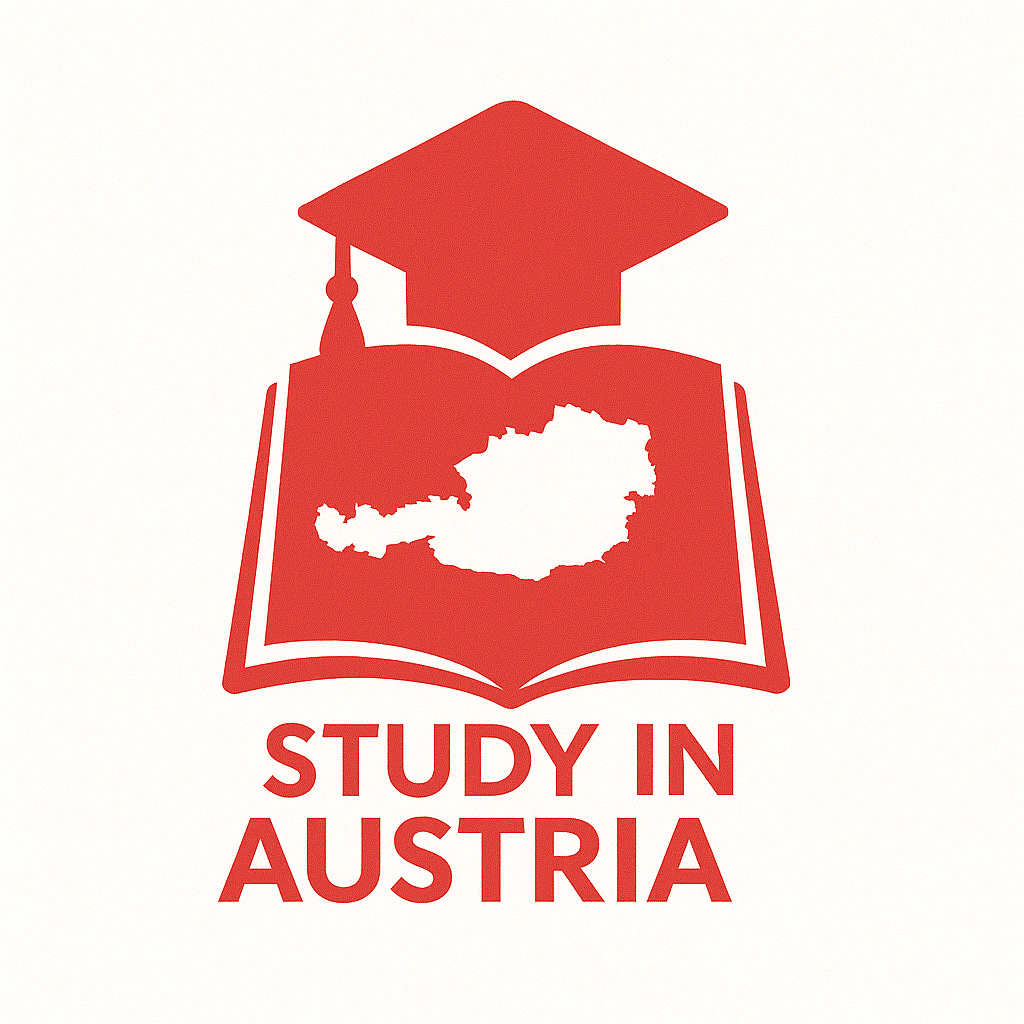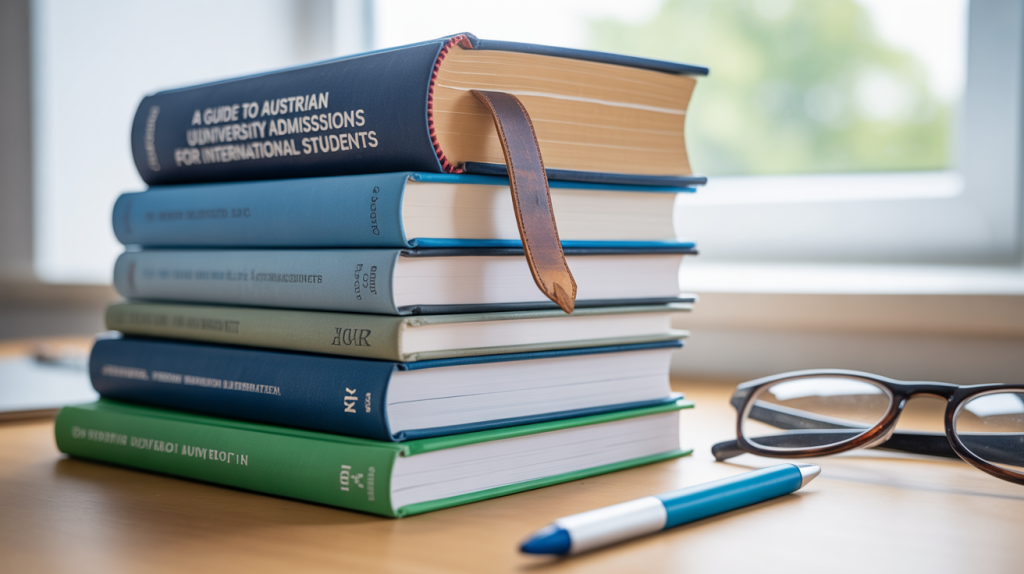A Guide to Austrian University Admissions for Fresh International Students
1. Choose Your Study Programme and Institution
Admission to Austrian higher education is managed by individual universities and institutions. Start by researching and selecting the programme and university that best fit your academic interests and goals. Each institution outlines precise requirements and application procedures for the programmes it offers, making it critical to navigate their specific instructions diligently. Explore your options here.
2. Check Eligibility and Entry Requirements
Standard Requirements:
- Recognised secondary school leaving certificate: This can be the Matura, Abitur, or an equivalent international qualification.
- Proof of language proficiency: For programmes taught in German, a minimum of B2 or C1 level is often required. For English-taught programmes, acceptable qualifications include TOEFL, IELTS, or equivalent English certificates.
- Some programmes might require additional entrance examinations, aptitude tests, or portfolios, especially for competitive and arts-related subjects.
Non-EU/Non-EEA applicants must also:
- Hold a certificate that permits direct entry to a comparable degree in their home country.
- If no equivalent qualification exists, they may need to provide a closely related qualification.
For details specific to admissions, visit Study in Austria.
3. Prepare and Submit Application Documents
The following documents are commonly required:
- Passport or proof of citizenship (including a photo ID).
- Secondary school leaving certificate and a transcript with grades from the final school year.
- Completed application form(s) for admission, registration, and statistical purposes.
- Passport-sized photographs (usually two).
- Proof of payment for the per-semester tuition fee (unless exempt).
- Additional documents may include proof of German or English proficiency and, if relevant, entrance examination results or portfolios.
Important: All documents must be submitted in their original language and accompanied by a certified German translation. Authentication from the Austrian representation in your country may be required unless your country has a mutual recognition agreement with Austria.
4. Language Requirements
If you cannot demonstrate sufficient German skills at the time of application, you may need to attend a university language course and pass a German examination before commencing your academic programme.
For language courses, an entry level of at least A2 (according to CEFR) is generally required for initial admission.
5. Application Deadlines
- Standard deadlines: 5 September (for winter semester) and 5 February (for summer semester).
- The same periods apply to both EU/EEA citizens and non-EU/EEA international students at universities of the arts.
- It is advised to always check specific deadlines with your chosen university, as some institutions or special programmes may set their own dates.
6. After Admission: Next Steps
- Arrange proof of financial means to show that you can support yourself during your studies.
- Secure accommodation in Austria.
- Obtain valid health insurance for the duration of your studies.
- Start any required visa or residence permit applications as early as possible.
Tips for a Smooth Application
- Start Early: Apply at least six months ahead, especially if you need visa or document recognition.
- If you lack a conventional school-leaving certificate, inquire about alternative pathways such as entrance qualification examinations or recognition of professional qualifications.
For detailed guidance and institution-specific advice, always refer to the official Study in Austria platform and the admissions office of your chosen institution. This ensures you have the most current requirements and procedures aligned with Austria’s trusted standards for international students.
Take the Next Step with Study in Austria
Explore further to understand your opportunities and maximize your potential as an international student in Austria.

